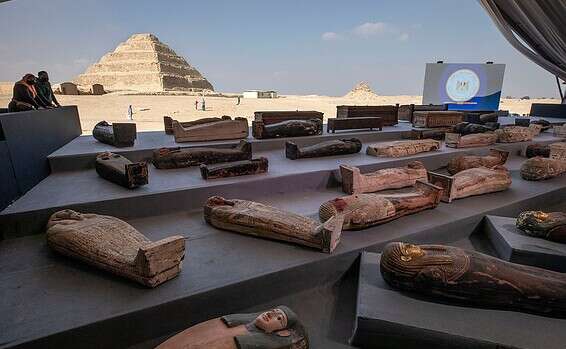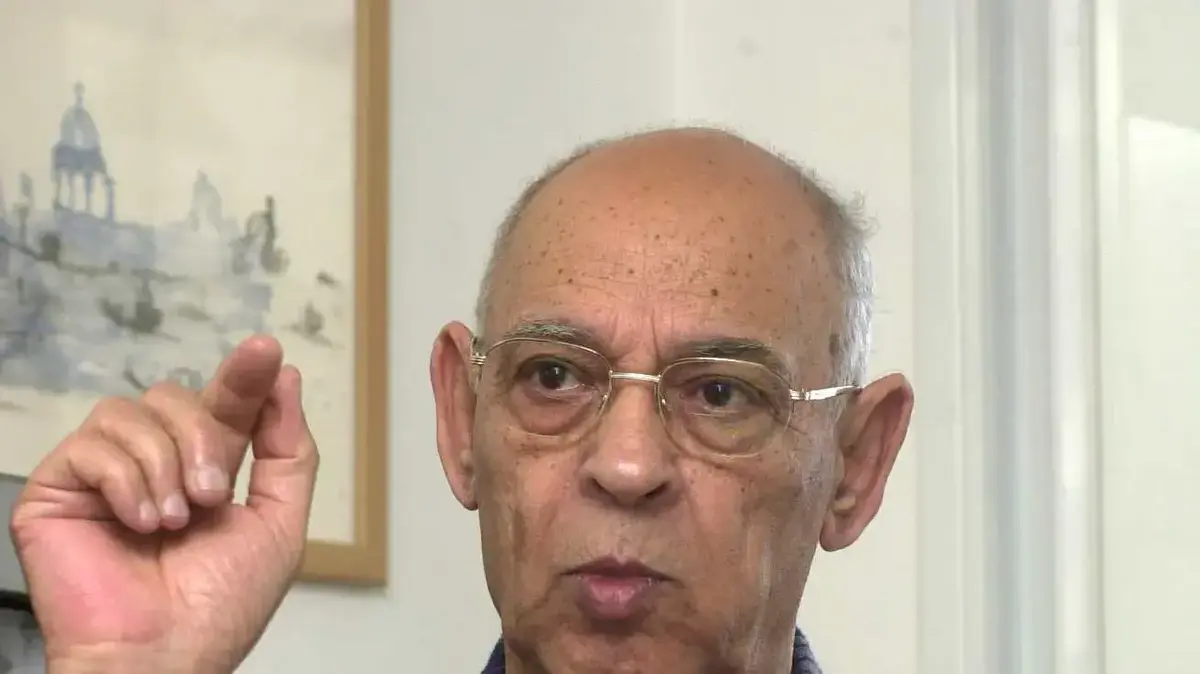The affair begins with issues between a person and his friend and ends with issues between a person and God • Why does this happen, and what is the connection between the "knowledge" that appears again and again in the Torah?
Illustration image
Photography:
AP
A new era begins with the opening of the second Pentateuch - the Pentateuch of Exodus, here a new king arose over Egypt "who did not know Joseph" (Exodus 1: 8).
Many interpretations have been said about this verse because it is difficult to accept it literally.
After all, how can one forget Joseph who saved Egypt during the famine years?
After all, all the control and wealth of the Pharaonic king, everything was so rolled up thanks to Joseph who knew in his wisdom to concentrate all the good of Egypt under the hands of the king.
Therefore it should be said here that the knowledge is not a superficial knowledge of facts.
Certainly the new king was in history classes.
But this is a deeper knowledge.
We recognize that there are different levels to the concept of "knowing".
The first knowledge mentioned in the Torah is "and the man knew his wife Eve" (Genesis 4: 1), a knowledge that means connection, intercourse and subsequently also procreation.
In addition to the man-woman relationship, there is also knowledge in the space of man and his God.
What the Torah calls knowing God.
It is interesting to discover that this knowledge also appears in our parsha.
In the continuation of the affair (Chapter 5, A-B), Moshe's first encounter was formed as the leader of Israel who stood before Pharaoh and demanded "Send my people", to which the new king replied: "Who is God that I will hear his voice to send Israel ? "
And the king continues and repeats again: "I did not know the Lord and I will not send Israel either."
What else is here?
We already understood all this in the first sentence.
Rabbi Meir Zvi Grozman in his book "On this week's Torah portion" distinguishes between the two sentences and describes here two different levels of G-d knowledge.
First Pharaoh read - "Who is the Lord?" And its meaning that he does not recognize at all the reality that there is a Creator for the world. While in the second reading when he says "I did not know the Lord!" "Refers to a more solid knowledge. Present and watching over the world, in the everyday being.
We will summarize and see how things connect to each other and from there to us.
We first met the knowledge in the space of between a man and his friend, when Pharaoh may know who Joseph is but does not know his greatness, deeds and right.
On top of that there is the knowledge in the space of between a man and his wife, a whole connection that creates a physical and mental life in the world.
And on top of that man knows his G-d, first of all at the general level of consciousness that there is a Creator for the world and more so at the individual level "there is a G-d!"
It is no coincidence that an affair between a man and his friend began and ended between a man and God.
And this was already embedded in a beautiful midrash in the commentary of elders at the beginning of the parsha: Joseph and finally did not know the Lord. ''
The relationship of man and the people around him is very close to his relationship with his Gd.
Every person is a photographer of God so we must care for each other, respect and cherish gratitude.
Negligence in this space casts on more deeper spaces.
And we will end with the prayer of Rabbi Elimelech of Lizhensk, that we will succeed in seeing each one the virtue of his friend.
The author is the Facebook director of Timura









